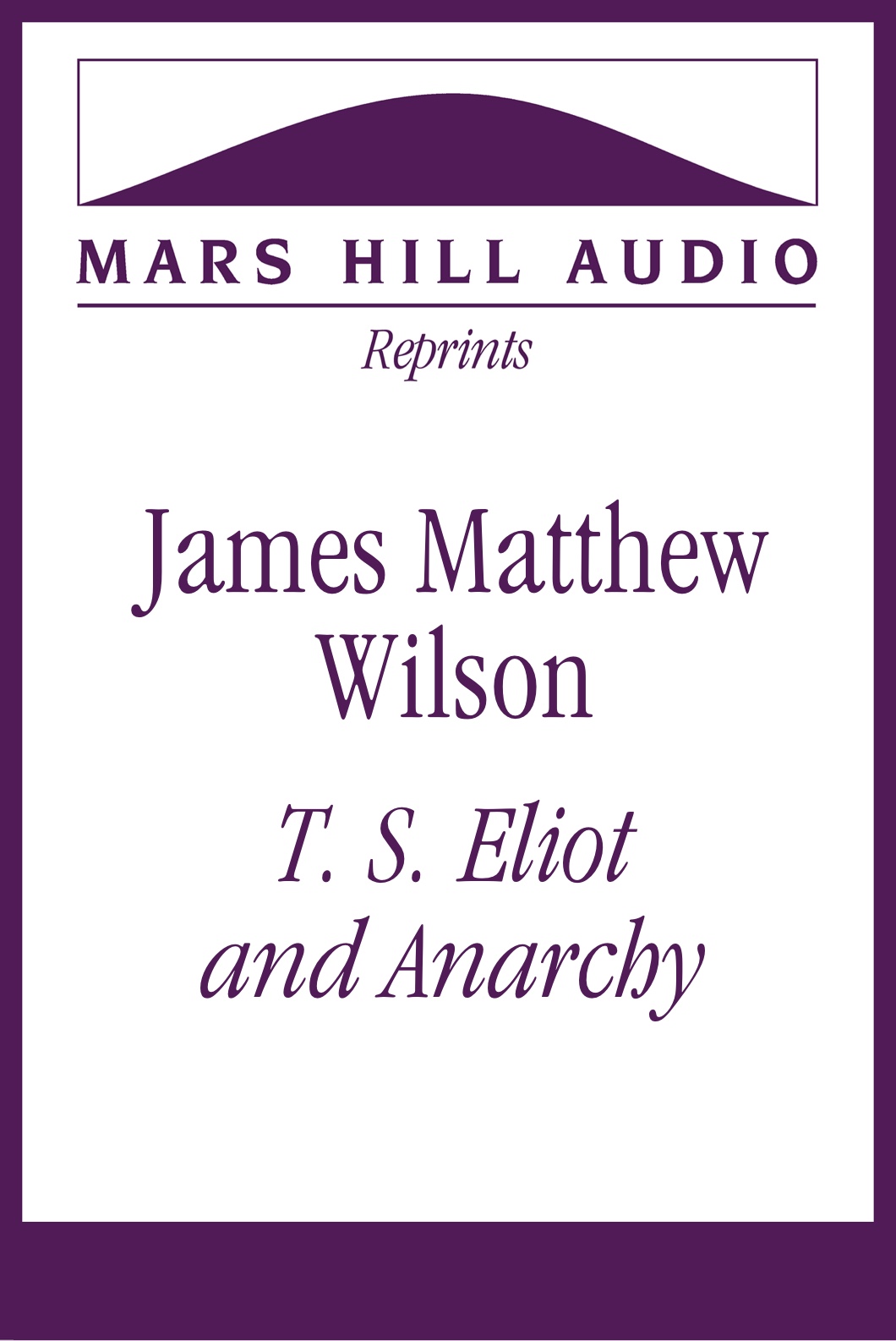
released 6/25/2019
In this essay, James Matthew Wilson examines T. S. Eliot’s cultural conservatism and religious conversion in light of his intellectual and familial influences. Wilson shows that throughout his life, Eliot grappled with the weaknesses of cultural theories that substituted art for religion, such as those proposed by Matthew Arnold and Eliot’s Harvard professors Irving Babbitt and George Santayana. Rather than filling the vacuum left by religious disbelief, the substitution of “civil religion” or “culture” for true religious faith merely confused and distracted modern man from what was at heart a theological and religious depletion. Contrary to appearances, Wilson argues that Eliot as the young modernist poet remained consistent with Eliot the cultural critic and Eliot the Christian. Despite his radical reputation, within Eliot’s poetry one sees a working-out of his thinking on the role of poetry and culture in light of modern man’s condition and a definite metaphysical account of reality.
Portions of this article were originally published in The Imaginative Conservative. As of March 2024, the complete essay is available for purchase from Wiseblood Books. The essay is read by Ken Myers.
79 minutes
PREVIEW